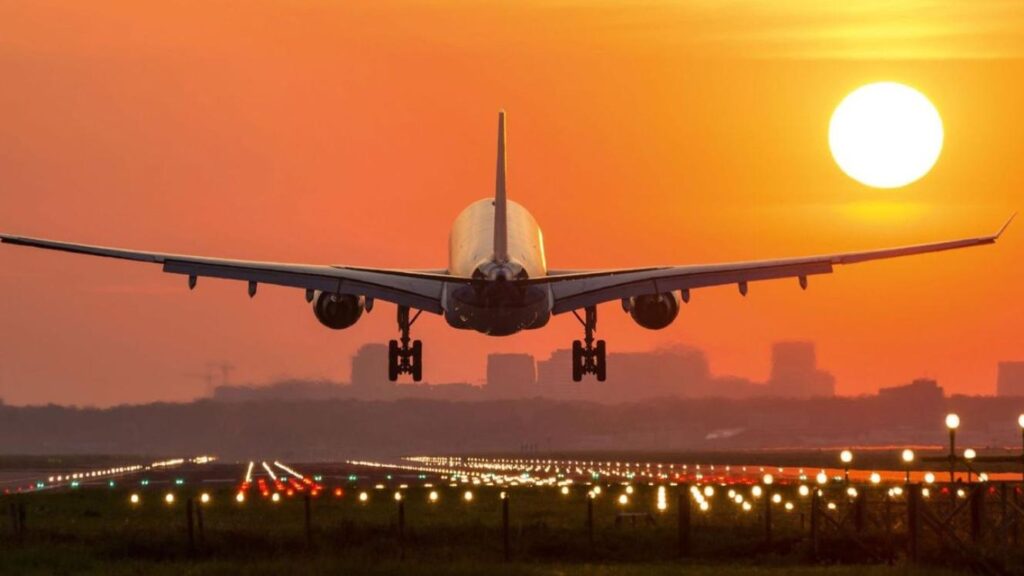African countries continue to charge exorbitant taxes for airlines, continuing to limit airfares, reduced passenger traffic and growth of airline continental networks, warning the 2024 African Aviation Association (AFRAA) Tax and Fee Research Review.
“As the aviation market recovers from the Covid-19 pandemic, many countries have reintroduced taxes and even raised taxes to offset the fiscal deficit, causing operational costs for airlines,” the report said.
The report found that air passengers in Africa averaged USD 68 (R1 218) and 3% higher than 2022, with an average of USD 34 (R609) in the Middle East and over USD 30 (R537) in Europe.
The report states that North and West African countries have the highest international departure collection, with the countries with the highest level of passenger transport being the lowest airline tax.
Airlines “Cash Cow”
“Historically, many African governments have seen aviation as a simple cash cow target, but air transport industry organizations such as IATA, AASA, BARSA, AFRAA and counterparts in the alliance sector have increasingly flagged this issue, and are the biggest obstacle to the overall sustainability of the aviation industry, with a wide range of industries and employment opportunities.
Birns acknowledged that inflation plays a role, but said that in most cases the increased costs approved and implemented outweighed inflation.
Birns added that there is a lack of transparency when tracking how taxation and other airline fees are used, and that high rates often come with insufficient infrastructure and air services regulations.
“Everything labelled “tax” goes straight to government finances, but there is no guarantee that it will return to air transport or even tourism improvements,” Burns said. “Therefore, AASA's recent ACSA and ATNS are transparent, showing how and where they spend the money collected from user fees over the past few years, while simultaneously lowering service standards.”
Accessibility backwards
Aviation consultant Sean Mendis explained that the high impact of airfare on passenger traffic is important, especially in developing countries.
“It's a vicious cycle because countries say aviation is for the elite, so they have to tax it more, so they're going to price aviation so that only the elite can afford it,” Mendis said.
“The reality is that when governments focus on improving infrastructure, they will give airlines more confidence, encourage them to not only add flights, but also to make their own investments in improving fleets and infrastructure,” he said.
Mendis said this will launch the domino effect and ensure that the improved infrastructure will attract more competition, attract new market participants, reduce costs, create passenger volumes, and improve user cost-based cost recovery.
“It might be a bit of a cliché, but if African governments build it (air infrastructure), they'll come with airlines and passengers, and that demand will mostly cement and grow by installing infrastructure,” Mendis said.


